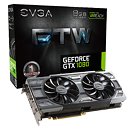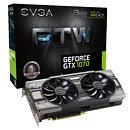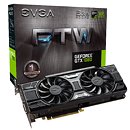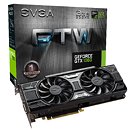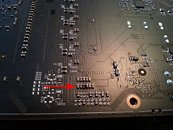
NVIDIA's GB200 "Blackwell" Racks Face Overheating Issues
NVIDIA's new GB200 "Blackwell" racks are running into trouble (again). Big cloud companies like Microsoft, Amazon, Google, and Meta Platforms are cutting back their orders because of heat problems, Reuters reports, quoting The Information. The first shipments of racks with Blackwell chips are getting too hot and have connection issues between chips, the report says. These tech hiccups have made some customers who ordered $10 billion or more worth of racks think twice about buying.
Some are putting off their orders until NVIDIA has better versions of the racks. Others are looking at buying older NVIDIA AI chips instead. For example, Microsoft planned to set up GB200 racks with no less than 50,000 Blackwell chips at one of its Phoenix sites. However, The Information reports that OpenAI has asked Microsoft to provide NVIDIA's older "Hopper" chips instead pointing to delays linked to the Blackwell racks. NVIDIA's problems with its Blackwell GPUs housed in high-density racks are not something new; in November 2024, Reuters, also referencing The Information, uncovered overheating issues in servers that housed 72 processors. NVIDIA has made several changes to its server rack designs to tackle these problems, however, it seems that the problem was not entirely solved.
Some are putting off their orders until NVIDIA has better versions of the racks. Others are looking at buying older NVIDIA AI chips instead. For example, Microsoft planned to set up GB200 racks with no less than 50,000 Blackwell chips at one of its Phoenix sites. However, The Information reports that OpenAI has asked Microsoft to provide NVIDIA's older "Hopper" chips instead pointing to delays linked to the Blackwell racks. NVIDIA's problems with its Blackwell GPUs housed in high-density racks are not something new; in November 2024, Reuters, also referencing The Information, uncovered overheating issues in servers that housed 72 processors. NVIDIA has made several changes to its server rack designs to tackle these problems, however, it seems that the problem was not entirely solved.






